| |
Life
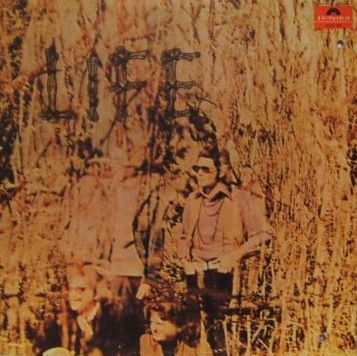
Life
Polydor - 1970
Nick Warburton
|
Few people took notice when Montreal band Life's lone eponymous album slipped out on Polydor Records in the early part of 1970. Arguably one of the era's most obscure releases, this criminally overlooked record has taken over forty years to finally be discovered.
Life was the brainchild of Montreal native Neil Ship (aka Neil Sheppard), an incredibly talented singer/songwriter (and part of the Brill Building stable), who was looking to get his songs recorded with a group. In 1963, at the precocious age of 14, he'd scored a deal with Columbia Records in New York and recorded a long lost gem 'Beyond the Shadow of a Doubt'. After years working in the Big Apple, where he amassed a wealth of experience in production, arrangement and song-writing, Sheppard landed a deal with Polydor Records Canada and started to put together a band to record his songs.
Sheppard had several musicians in mind for the Life project. First on the list was one of his brothers, keyboard player and singer Michael Ship, who was working in Montreal band the Scene alongside bass player Danny Zimmerman, drummer Marty Simon and two long-forgotten guitarists. In late 1968, he linked Scene members Ship, Simon and Zimmerman with lead guitarist Barry Albert, a veteran of Bartholomew Plus Three.
The first song recorded for the Life project, and the opening cut on the album was Sheppard's brilliant 'Hands of the Clock', a powerful rock ballad that the composer had conceived one night at the Winston Churchill pub in Montreal. "Every night the place closed at about two or three in the morning and I remember I used to come in and sit down at the organ and start writing," says Sheppard. "One night I just sat down and that love song popped up." Released as the band's debut single in June 1969, 'Hands of the Clock' became a modest hit, reaching #19 on the national RPM chart two months later. In the aftermath of the single's release and its rise up the charts, Life played its biggest concert of its short-lived career, the First Montreal Bi-Cultural Pop Festival, held at the Montreal Forum alongside Triangle, Robert Charlebois and headliners Steppenwolf. "It was the first time a local act had been billed in the 20,000 seat hockey arena," says Simon. "[We were] hometown boys making good."
However, dissatisfied with the way the recordings were progressing (and the arrival of second guitarist Jean Pierre Lauzon), Albert made his excuses and left to join labelmates Tapestry. With Albert out of the picture, the remaining members finished the rest of Life as a quartet at Stereo Sound Studio. Their interpretation of the Beatles' 'Strawberry Fields Forever' is a real revelation. Imbued with a strong jazz feel, the track is notable for Lauzon's exquisite flamenco guitar solo. Also worth checking out are the two instrumentals that bookend and kick off sides one and two - 'Lifetime 1' and 'Lifetime 2'; both have a sonic charm and feature some impressive backwards guitar, courtesy of Lauzon. Equally impressive is the closing number, Sheppard's 'Needing You', featuring the composer on keys. A haunting ballad with sumptuous piano work and aching strings, it is a fitting ending to a largely brilliant album. And Sheppard's production work is superlative throughout. It probably didn't hurt that Polydor had been generous enough to give Sheppard a sizeable budget to cut the album. ("I think we had a $7,000 budget," he says. "It was like a million dollars today.")
With the album readied for release, Life, joined by a second guitarist Bill Hill, a friend of Lauzon's from his days with the Playboys, the Jaybees and Carnival Connection, hit the road, but soon after its release the band imploded when Simon left for New York. He would later move on to London where he played on Brian Eno's debut solo album as well as work with Mick Jagger and Jimmy Page, among others. Sheppard also spent time in the UK during the early 1970s, where he began work on an aborted solo album for RCA Victor with Barry Albert. As innovative as ever, he also scored an underground disco hit in the late 1970s when the Love Symphony Orchestra recorded 'Let Me Be Your Fantasy'. Like Simon, he also extended his talents into TV work and wrote the documentaries The World of Horses and Do Blonds Have More Fun.
|
|
Suggestions
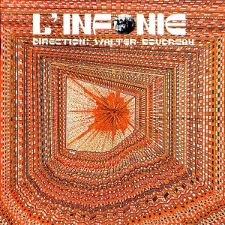
L' Infonie
Vol. 3
Polydor
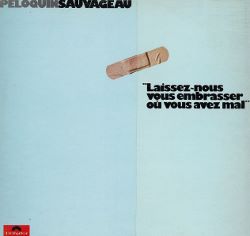
Peloquin Sauvageau
Laissez-Nous Vous Embrasser Ou Vous Avez Mal
Polydor
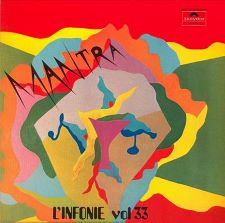
L' Infonie
Vol. 33 Mantra
Polydor
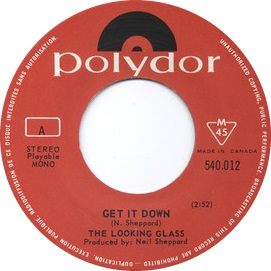
The Looking Glass
Get It Down / Waterfall - 7"
Polydor
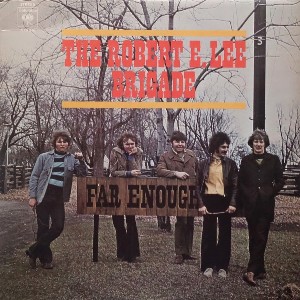
The Robert E. Lee Brigade
Far Enough
Columbia
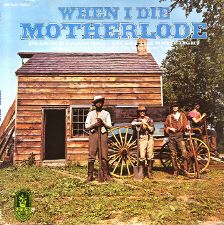
Motherlode
When I Die
Revolver
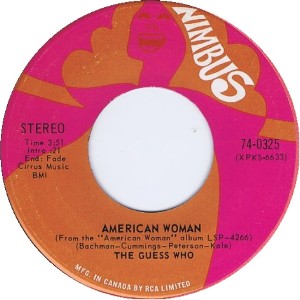
The Guess Who
American Woman / No Sugar Tonight - 7"
Nimbus
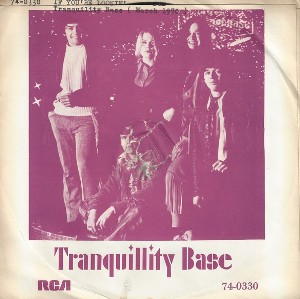
Tranquillity Base
If You're Lookin' / Fun - 7"
RCA
|








